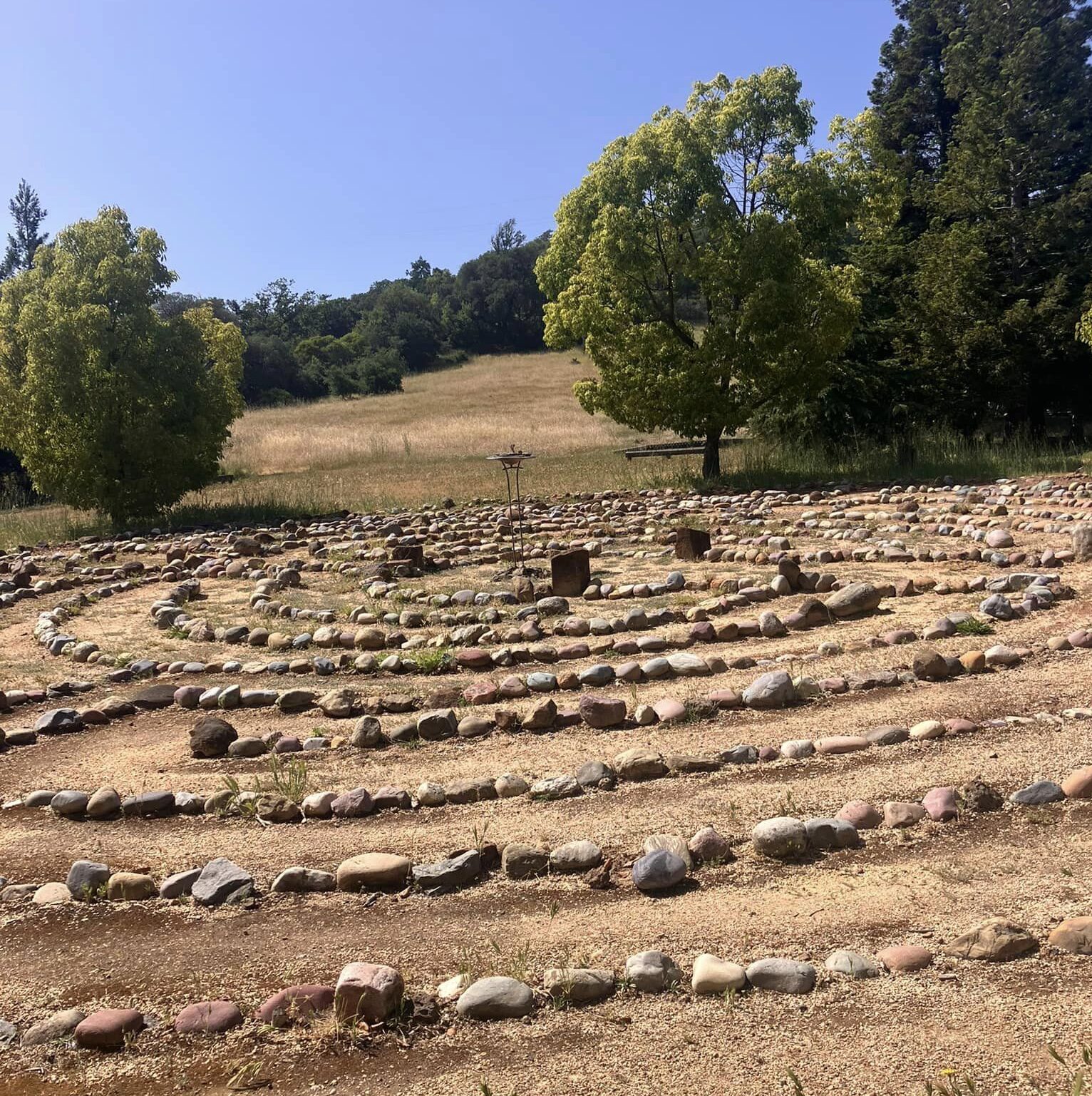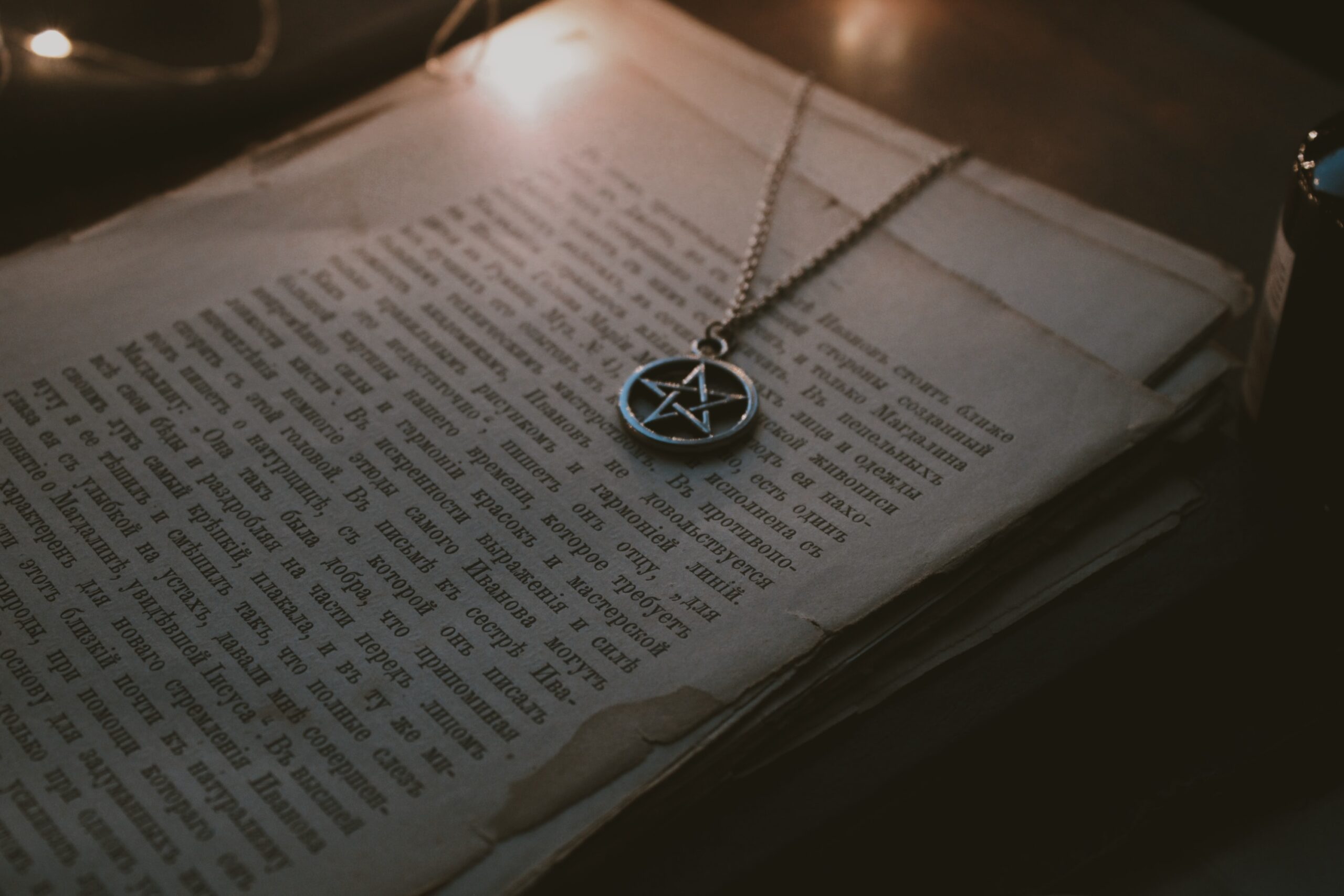There’s a group discussion that happens every weekend and a friend mentioned the role her craft played while she was in an unhealthy relationship and therapy wasn’t accessible for her. She mentioned that for her in that season, witchcraft was her therapy. As a witch who happens to be a therapist, this conversation interests me considerably. On my professional blog, I’ve written about whether AI can be/replace therapy. I thought I might as well unpack this conversation as well (or at least start).
First Things: What Is Therapy
A common approach that I see to therapy among some of my clients can be summed up in “tell me what I need to know and what I need to do”. It’s content. The problem is that if this was what therapy consisted of, the self-help section of your local bookstore would have put the mental healthcare field out of business decades ago. We can learn skills and facts that inform our understanding of ourselves and others this way; but real deep, personality change happens in relationship. Therapy is above all else a particular kind of relationship. We may bring any number of skills and tools into it, but at the end of the day, therapy is a way of relating.
Certainly witchcraft is a way of relating. I relate to myself, my Goddess and God, my planet, and my community in a particular way because of my craft. So, is witchcraft therapy? Can it be? The part of me that went to college a few times and had thousands of hours of supervised practice to obtain a license would certainly say that what I do in my craft is not what I do in the therapy room. The part of me that has been mentally, emotionally, and relationally supported by my craft would say that they’re closer than a simple dismissal of the question will allow for.
A Needed Distinction
I was in a group chat as a woman told a story that sounded familiar. She’d been in an abusive relationship and as with all abusive relationships, her power and voice were utterly absent. Therapy wasn’t accessible for her at the time and her practice was the only space where she had power and a voice. For her, witchcraft was very much therapeutic.
I think that making this distinction is important for a few reasons. First, there are a LOT of activities that take place outside of a therapy session that support the work of therapy. Whether it’s exercise, building and nurturing healthy relationships, creative expression of some sort, reflection and meditation, or time spent in nature; there are a lot of therapeutic activities that we can engage in that support and supplement the work of therapy.
Relating to the Craft
The practice of witchcraft can be deeply therapeutic and involves relating in some ways that support our movement toward healthy connectedness and our ability to be with ourselves well. While I would always recommend going and finding a good-fit therapist to support you when working through trauma, anxiety, depression, or even just major life transitions; here are some of the ways I’ve seen my practice support my own well-being:
Presence
Our ability to be present goes beyond willfully directed attention and active contact with the present moment, although these are certainly core components. Presence also has to do with our overall awareness and our ability to stay attuned to what’s most significant in the moment. In Existential-Humanistic therapy, we talk a lot about cultivating presence in the therapeutic relationship as a vehicle to supporting clients in cultivating it. I’ve noticed that as I attend to myself across seasons and lunar cycles, tracking the correspondence between my connection with nature and my inner world, my capacity for presence is supported.
Connection
Along a similar vein, I find that my practice enhances my sense of connection with myself, the natural world, my community, and of course my deities. There’s a great deal of resilience and our overall wellbeing that roots itself in healthy connection with self, others, the natural world, and our spirituality whatever that may look like.
Will and Meaning
It’s really impossible to talk about witchcraft without discussing will. While many of us will disagree about the existence of a singular “true will” in a Thelemic sense that each of us possesses, we cannot enter the work of the craft in any capacity without running into the exertion of will at least in a more immediate sense. What’s significant about this from a therapeutic standpoint, is the potential onramp to an encounter with ourselves on a more authentic level. In order to do any kind of successful magic, one must be clear on one’s will and intention and in this, there’s the opportunity for an encounter with ourselves more authentically; but there’s also another potential point of significance here: contact with meaning.
Meaning is connected to so much about our mental, emotional, relational health, and our ability to endure under duress that it will get its own blog post. As it relates to the discussion at hand, I would say that as I consider all of the aforementioned points of connection, and encounter my own will at an authentic level, that which gives it all significance begins to emerge in my awareness. Simply put, meaning provides a framework for the rest of my life, the good and the bad, to situate itself within.
Self-Awareness
I want to make an important distinction here: self-knowledge and self-awareness are not the same thing. I can read books, take personality tests, fill out worksheets and questionnaires, and gain knowledge about myself. Self awareness is connected to presence and my connection with myself. It is my ability to attend to the process of my own being across time and make sense of that process. The self-knowledgeable witch understands their strengths and weaknesses, is familiar with how their trauma history affects them, and knows what kind of personalities they work well with (or don’t) in a coven setting. The self-aware witch is aware of how they are changing across time and how they are showing up in their relationships.


